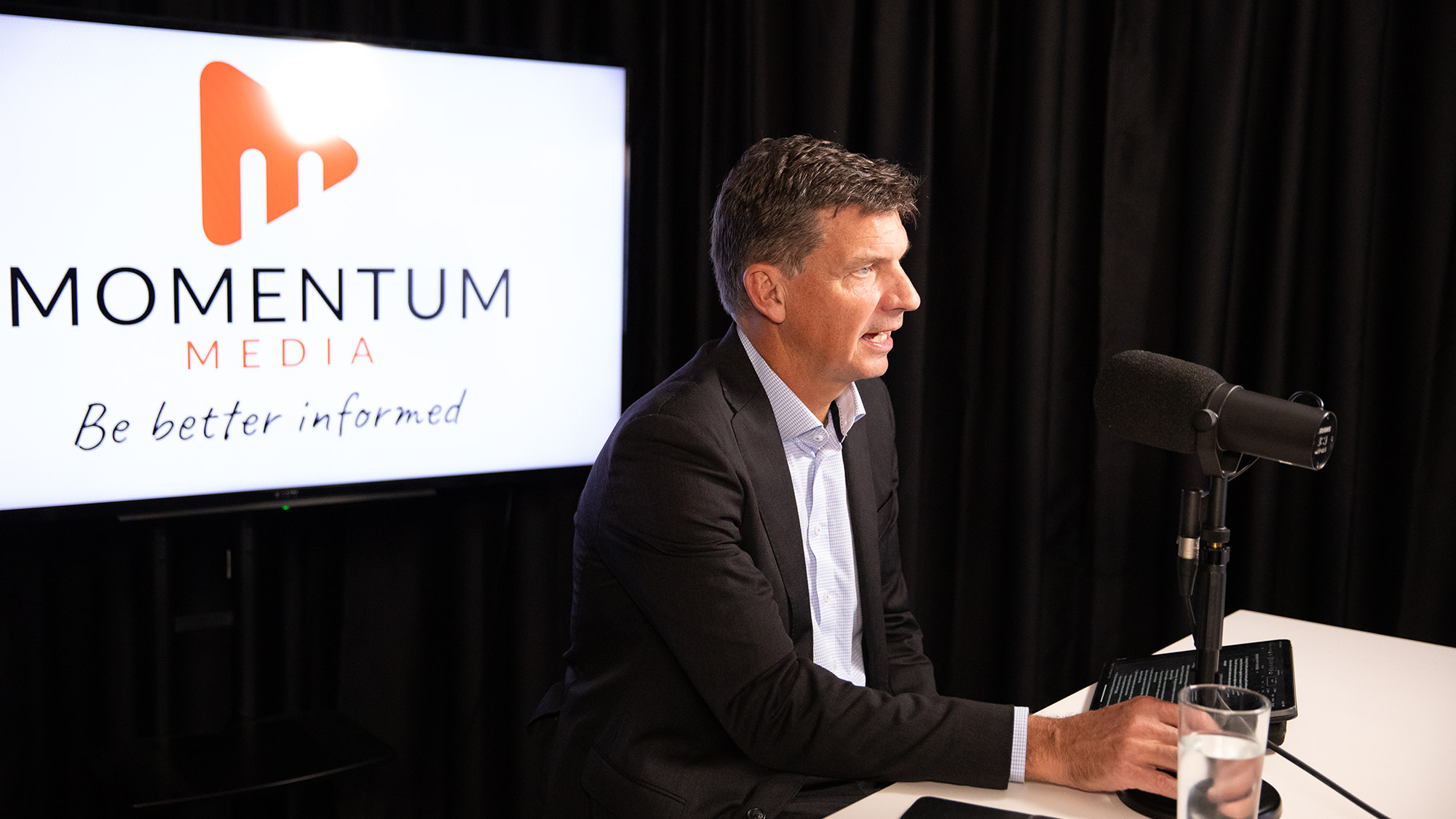Financial planning and death: Are we doing enough?


Research shows that many people are unprepared when it comes to planning for death. What are advisers offering to support clients in this area and is there more that could be done?
The Groundswell Project, which works with government, organisations, communities and individuals to change the way we do dying, death and grief in Australia, conducted a survey in June 2022. It found that while 90% of Australians believe in the importance of end-of-life planning, only 35% have done any.
Less than a quarter (24%) of Australians have prepared a will, about 13% have completed a superannuation death benefits nomination, 12% have appointed an enduring power of attorney and a mere one in 10 had sought financial advice.
A representative for The Groundswell Project told Money Management that financial planners are under-utilised as trusted advisers who can help people prepare for these conversations and make informed choices, and would love to see them become the norm in every day advice consultations.
Bruce Christie, a retired financial planner and volunteer with The Groundswell Project, says there is need for advice not just in complex specialised areas like entering aged care, but more generally.
“A lot of things should be addressed much earlier in financial advice. Anyone that isn’t talking to their clients about having a will for example, doesn’t matter whether they are 18 or 80, it is not really serving the client's best interest,” he says.
“I have had to deal with families and clients that passed away and they were young and they didn't have a proper will in in place or they hadn't made a beneficial nomination for the super fund and therefore it created enormous problems.”
He says that as well as making sure all the Is are dotted and Ts crossed, it’s also about having the confidence, to have conversations with clients about what is inevitably going to happen.
“If you are going to talk to families around very challenging issues like this, you've got to have a deep sense of empathy and caring as well as the technical skills,” he says.
According to the survey, the barriers to better planning include death and dying being too emotional to think about (14%), not knowing where to start (17%), or where to get help or information (16%) and not understanding their choices when it comes to end-of-life (15%).
Back to basics
Money Management spoke to planners about how they’re tackling this area, including estate planning, aged care planning and more.
Lee Forde from Forde Financial Planning started almost accidentally after being contacted by the solicitor for a former client.
“I got a call out of the blue saying ‘we’re having trouble with these investments you set up’, so I started to help," he explains.
Now, his process after a client dies includes contacting Centrelink, banks and product providers to send through all the estate planning paperwork, as well as providing advice on areas like insurance claims, passing property titles and providing financial peace of mind to the surviving spouse.
“I know a few people who do it. I guess it's generally a service more for the high net worth individual where there's more of an estate planning strategy, rather than necessarily for every day mum and dad investors,” he says.
Tracey Edwards, director of First Advice Solutions, started out in superannuation and transition to retirement, and now many of those clients have retired and are going through the ageing process. As well as this, Edwards is an aged care adviser and also does pro bono work for the Cancer Council.
“Obviously estate planning and where the money goes is part of this. However, there are lots of other scenarios we need to go through.What happens for example if one half of a couple is in care for dementia and the other gets cancer and passes away? What happens when the family home ceases to be a protected asset? What happens when the surviving spouse gets locked out of joint bank accounts? Do the adult children know they’ll have to pay tax on inherited super?”
Often, they’ll get the family including the parents and the children in with the parents for a discussion and set out options on a whiteboard.
When and how to have the conversation
Dr Annetta Mallon isn’t a financial planner, but a general end-of-life coach. She tells people over and over to have these conversations in a straightforward a way as possible – no matter what age they are. Because, as she points out, the first few days after a death “we’re just in shock”.
She says it’s worth advisers asking questions of clients at any life stage, including their values, what will happen to their assets tangible and intangible, who they want as executor and practicalities like whether the spouse has access to the bank account and can continue to pay the bills after their death.
“These are important conversations. It’s about building trust… don't be afraid to ask the question. If somebody isn’t receptive, at least you’ve asked the question.”
Michael Miller director of Capital Advisory says that while they try to have conversations earlier, the trigger is often when someone moves to aged care and has financial considerations as a result.
“There are some things you can do in advance, but by the same token, it’s often not until someone moves into care or one half of a couple passes away that they are interested in talking about it,” he says.
“People are uninterested in upsetting the apple cart, until suddenly the children realise they have to declare assets to Centrelink, like the IAG shares their parents got in the NRMA demutualisation decades ago. Then they might start tidying things up,” he explains.
He says that when it comes to end-of-life financial planning, there’s often a divide between people who are already getting advice on their retirement and those who aren’t. Including this service alongside retirement planning means that rather than being event driven, the planning for end-of-life is done over decades, thereby minimising the difficulty of doing these things when required.
Miller also finds there’s often crossover with other professionals, particularly accountants for example when someone ask for advice around like tax implications of selling assets in an estate.
Recommended for you
Asset managers have shared how it may be time for advisers to switch clients out of cash and term deposits and back into bonds.
After years of low rates, three younger fixed income specialists have shared how they navigated “one of the toughest environments for investment decision-making” in the form of their first interest rate hiking cycle.
The global nature and geopolitical threats involved in investing in emerging markets can mean the job of an emerging market manager entails additional challenges than its developed markets counterpart.
Australian financial advice firms are increasingly looking towards outsourcing as a tool to optimise their business, two industry professionals share, freeing advisers to focus more on client-facing duties.















Add new comment